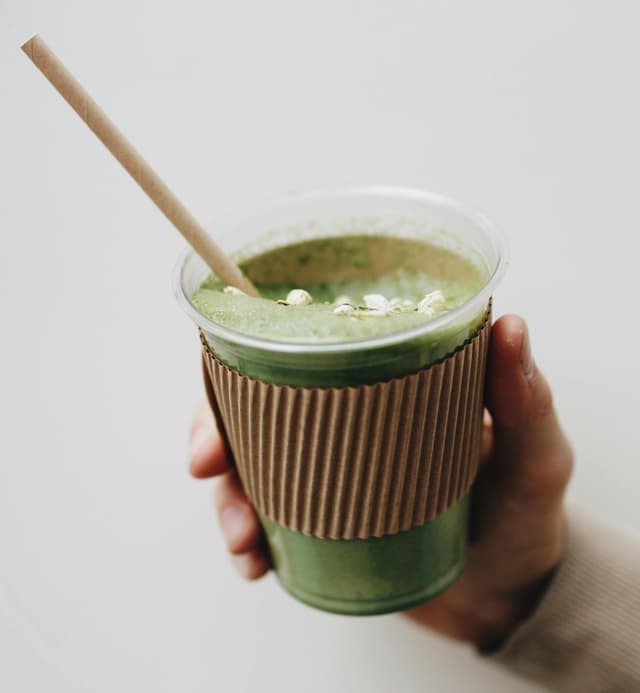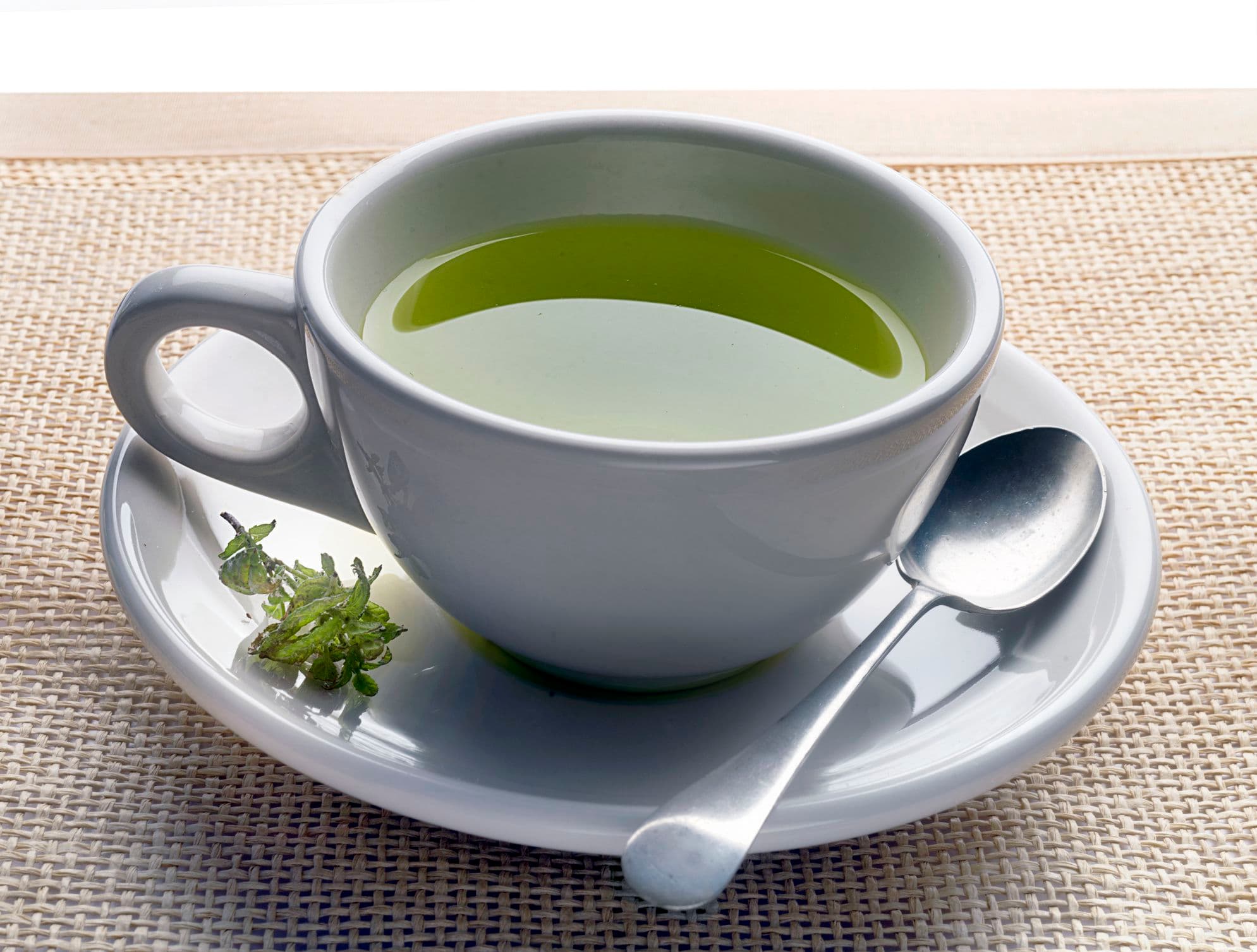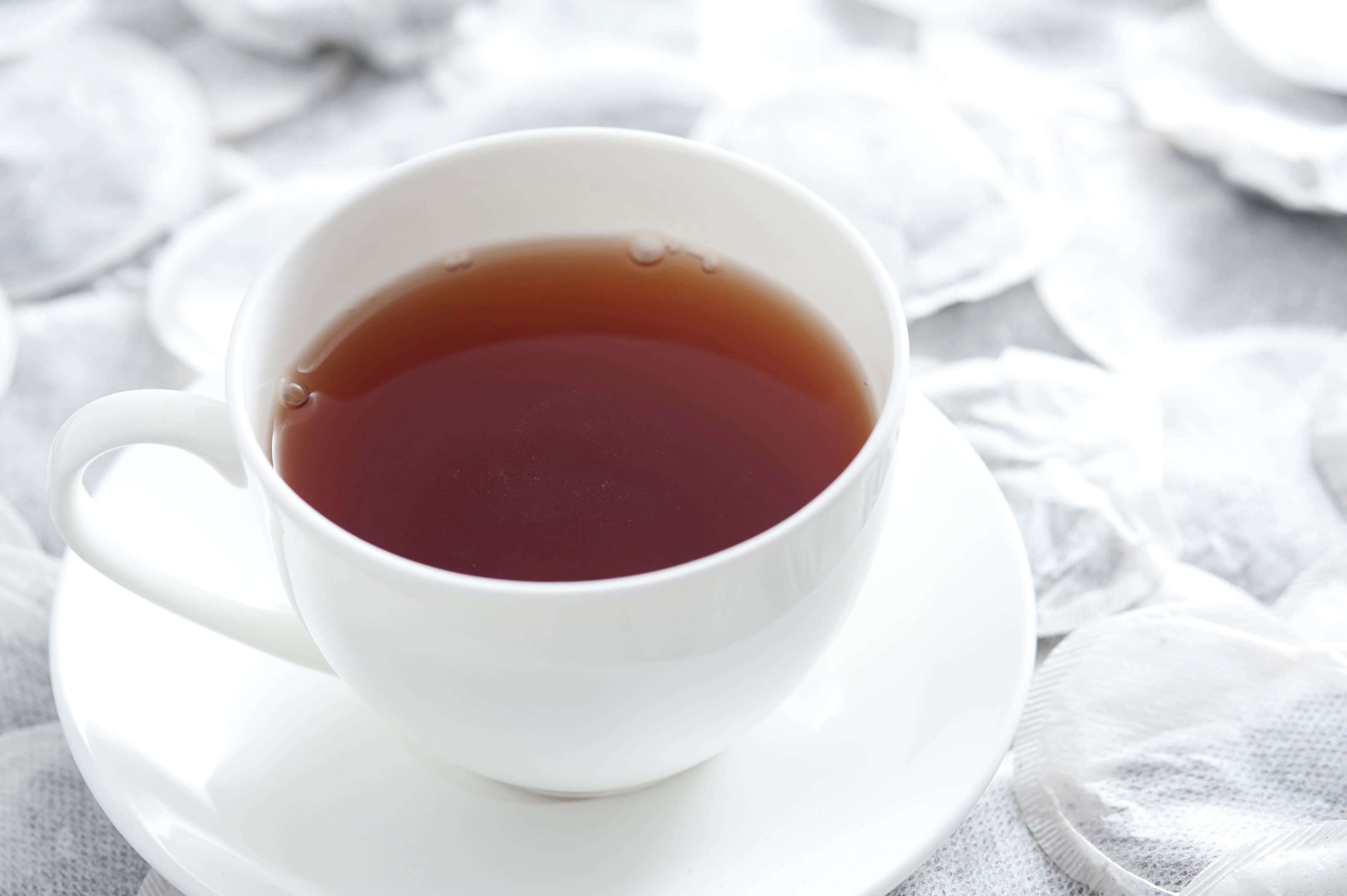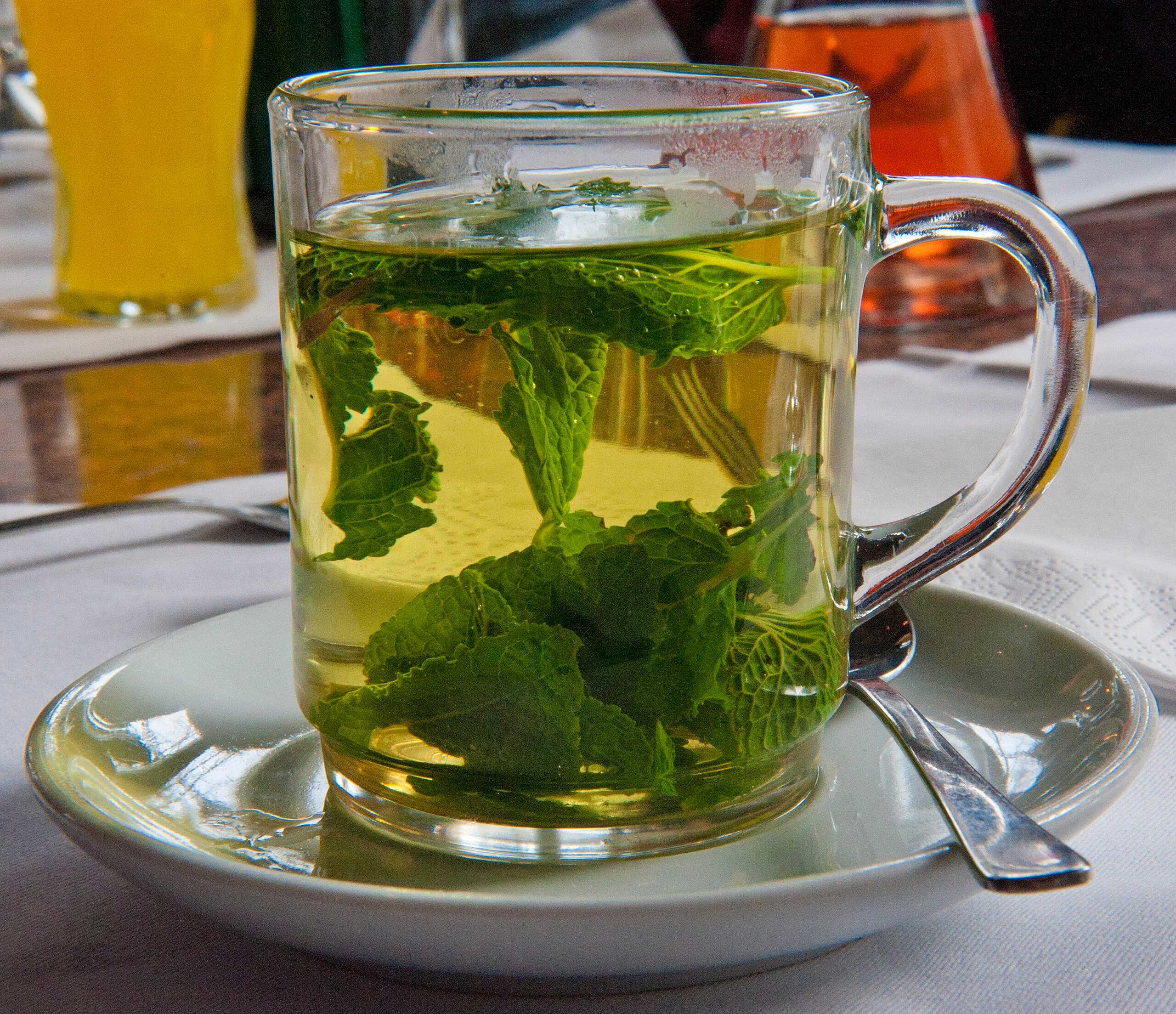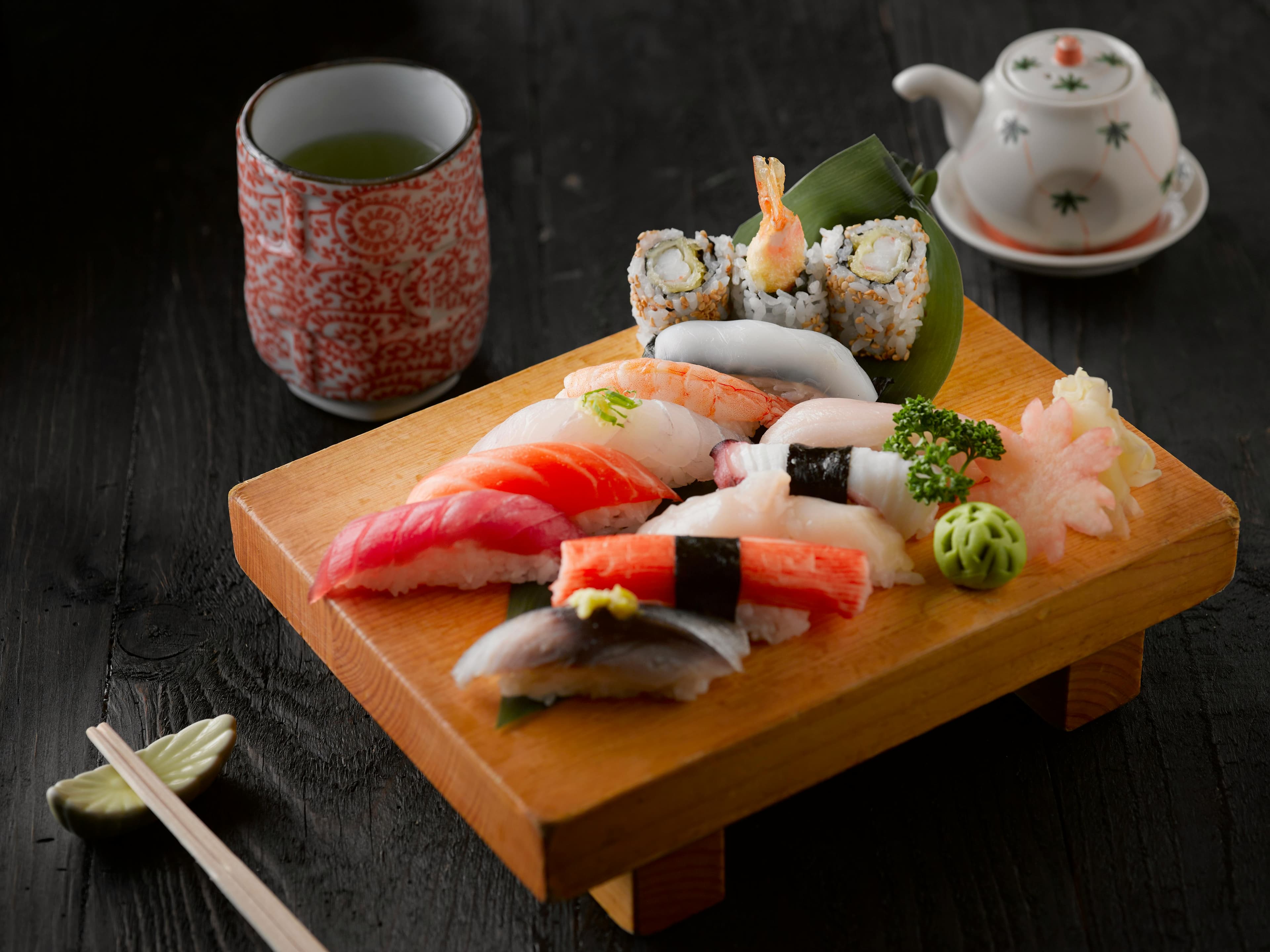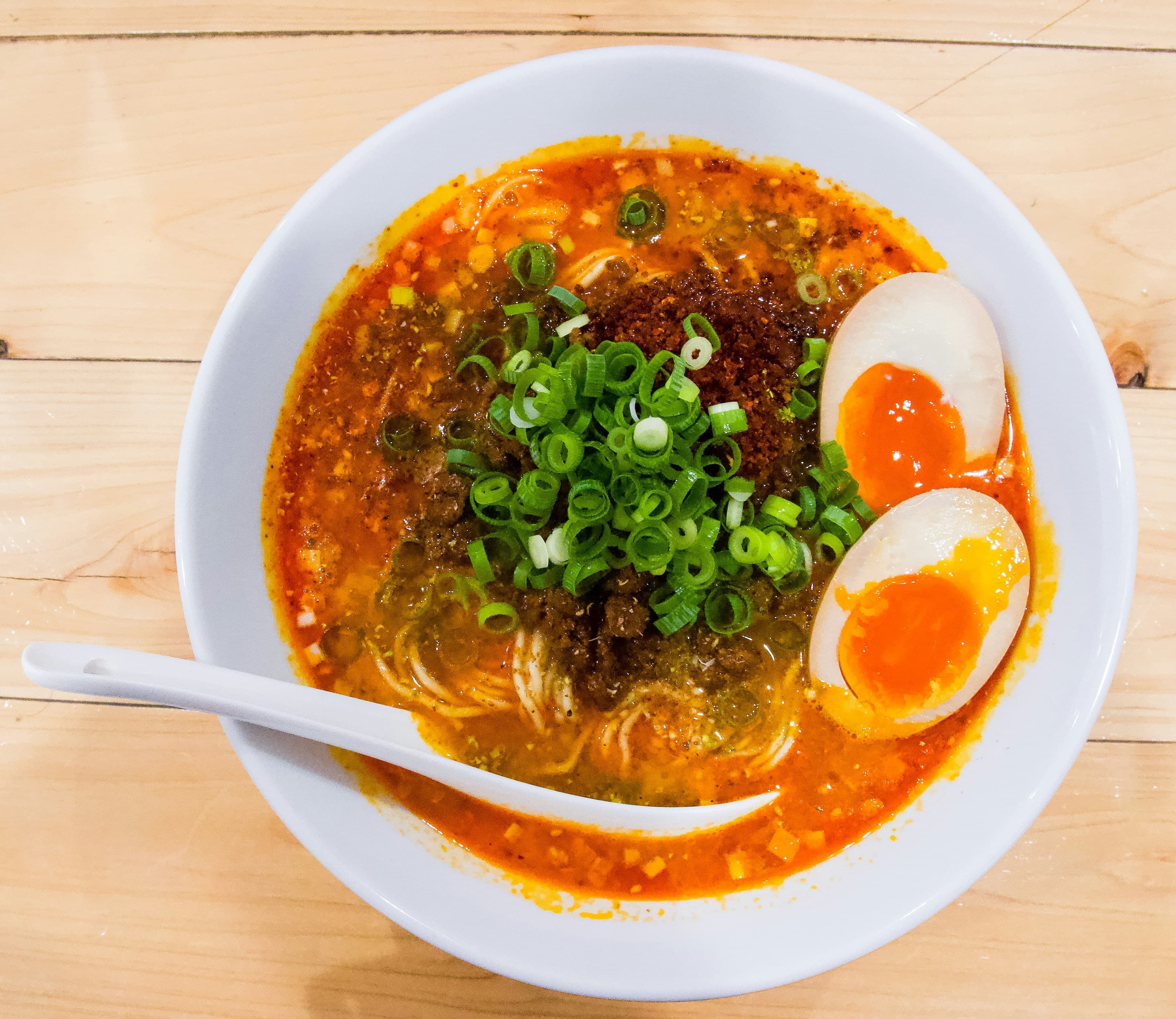Harmless Harvest Organic Coconut Water vs. Matcha Tea
Harmless Harvest Organic Coconut Water
Harmless Harvest Organic Coconut Water is a pure, single-ingredient coconut water made from organic Thai coconuts. It stands out because of its naturally pink color, which happens due to antioxidants in the coconut water reacting with light and oxygen. The pink hue doesn’t change the taste—it’s still naturally sweet, crisp, and refreshing. This coconut water has no added sugar, preservatives, or artificial ingredients. It’s packed with electrolytes, including potassium, making it a good choice for hydration, whether you’re working out, recovering from a night out, or just looking for a refreshing drink. It can also be used in smoothies, cocktails, or just straight from the bottle. Harmless Harvest focuses on sustainability and ethical sourcing. Their coconut water is USDA Organic certified, Fair for Life certified, and their bottles (excluding the cap and label) are made from 100% recycled plastic. The company partners with organic farms that use sustainable farming practices, en...
Matcha Tea
Matcha tea is a smooth, vibrant green beverage made by whisking finely ground green tea leaves into hot water. Unlike regular green tea, where the leaves are steeped and removed, matcha is fully consumed, which gives it a fuller body and a richer, more complex flavor. The taste is a blend of grassy freshness, gentle bitterness, and a deep, savory umami that lingers pleasantly. High-quality matcha can be surprisingly sweet and creamy, while lower grades tend to be more astringent. Preparing matcha is as much about the process as it is about the drink itself. The powder is first sifted into a bowl to break up any clumps, then a small amount of hot water—usually around 80°C—is added. Using a bamboo whisk, called a chasen, the tea is briskly whisked in a zigzag motion until a layer of fine, soft foam forms on top. This foam not only looks appealing but also softens the tea’s natural bitterness, creating a silky texture and smooth mouthfeel. There are two primary styles of matcha tea: usu...
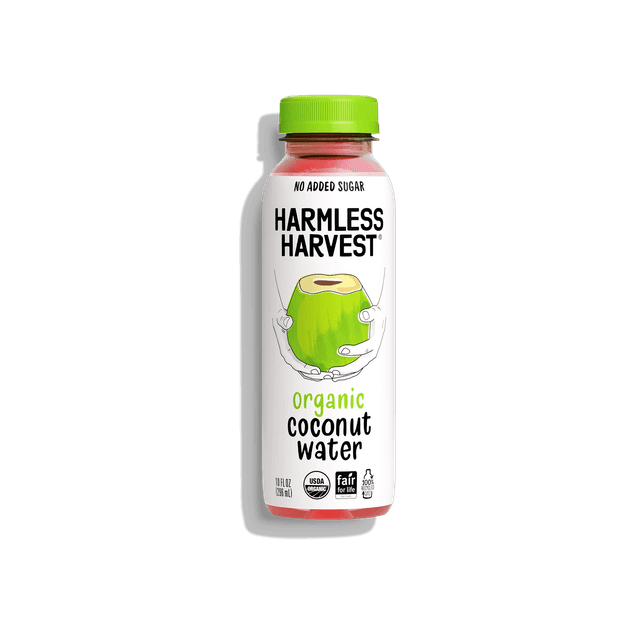
Reviews
Reviewed on 2/27/2025
Reviews
Reviewed on 2/25/2025
Green and exciting
| Item | Votes | Upvote |
|---|---|---|
| Organic | 1 | |
| Refreshing | 1 |
| Item | Votes | Upvote |
|---|---|---|
| No cons yet, would you like to add one? | ||
| Item | Votes | Upvote |
|---|---|---|
| Super healthy and delicious | 1 |
| Item | Votes | Upvote |
|---|---|---|
| Can be an acquired taste for some | 1 |
Frequently Asked Questions
Harmless Harvest Organic Coconut Water is specifically designed for hydration, packed with electrolytes like potassium, making it an excellent choice for replenishing fluids after exercise or during hot weather. In contrast, Matcha Tea, while hydrating, is primarily consumed for its health benefits and calming effects rather than as a hydration source. Therefore, if hydration is your main goal, Harmless Harvest Coconut Water is the better option.
Both Harmless Harvest Organic Coconut Water and Matcha Tea offer health benefits, but they serve different purposes. Coconut water is rich in electrolytes and is great for hydration, while Matcha Tea is high in antioxidants and provides a calming effect due to its theanine content. If you're looking for hydration, coconut water is preferable, but for antioxidant benefits and a calming experience, matcha is the healthier choice.
Taste is subjective, but Harmless Harvest Organic Coconut Water is known for its naturally sweet and refreshing flavor, making it appealing to many. Matcha Tea has a unique flavor profile that combines grassy freshness and umami, which can be an acquired taste for some. If you prefer a sweeter, more straightforward flavor, coconut water may be more enjoyable, while those who appreciate complex flavors might prefer matcha.
Harmless Harvest Organic Coconut Water is versatile as it can be consumed straight, used in smoothies, or mixed into cocktails. Matcha Tea, while also versatile, is primarily enjoyed as a tea or in lattes and smoothies. If you are looking for a drink that can be used in various recipes, coconut water may offer more options.
Harmless Harvest Organic Coconut Water is a pure, single-ingredient coconut water made from organic Thai coconuts. It is known for its naturally pink color, which is due to antioxidants reacting with light and oxygen. This coconut water is naturally sweet, crisp, and refreshing, with no added sugar, preservatives, or artificial ingredients. It is rich in electrolytes, including potassium, making it an excellent choice for hydration.
The pros of Harmless Harvest Organic Coconut Water include its organic nature and refreshing taste. It is made from sustainably sourced ingredients and is free from added sugars and preservatives. Currently, there are no cons listed by users.
Harmless Harvest Organic Coconut Water is sourced from organic farms that practice sustainable farming methods. The company ensures that no synthetic fertilizers or pesticides are used, and it is USDA Organic certified and Fair for Life certified.
Harmless Harvest Organic Coconut Water is perishable and should be kept refrigerated once received. While it does not require refrigeration during shipping, chilling it before drinking helps maintain its fresh, clean taste.
Harmless Harvest Organic Coconut Water is available in various sizes, including a 10oz 12-pack priced at around $48. It can be purchased online and in stores.
Matcha tea is a smooth, vibrant green beverage made by whisking finely ground green tea leaves into hot water. Unlike regular green tea, where the leaves are steeped and removed, matcha is fully consumed, providing a fuller body and a richer, more complex flavor. It has a blend of grassy freshness, gentle bitterness, and a deep, savory umami that lingers pleasantly.
The pros of Matcha Tea include that it is super healthy and delicious, making it a great choice for those looking to enhance their diet. However, a con is that it can be an acquired taste for some individuals, which may not appeal to everyone.
Preparing Matcha Tea involves sifting the powder into a bowl to break up clumps, adding a small amount of hot water (around 80°C), and whisking it briskly with a bamboo whisk called a chasen until a layer of fine foam forms on top. This process not only enhances the flavor but also creates a silky texture.
There are two primary styles of Matcha Tea: usucha and koicha. Usucha, or thin tea, is lighter and frothy, while koicha, or thick tea, is denser and has a bold, concentrated taste. Koicha is typically reserved for formal tea ceremonies, emphasizing the ritual of preparation and consumption.
The striking green color of Matcha Tea comes from the way the tea plants are grown. They are shaded from sunlight for several weeks before harvest, which boosts their chlorophyll content and enhances the umami flavor while reducing bitterness. This process also contributes to the calming effect of matcha despite its caffeine content.
Matcha Tea has found new life in modern drinks such as lattes, iced teas, and smoothies. It is enjoyed both during traditional tea gatherings and as part of a morning ritual at home, providing a calming moment in a busy day.
